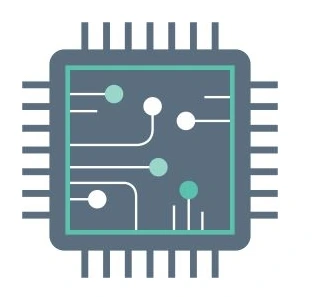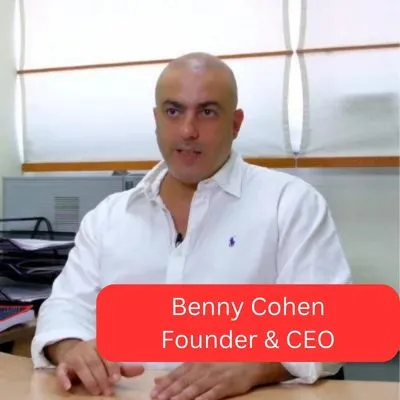
This is an advanced course. We recommend having a strong foundation in computer architecture and embedded systems before enrolling.


MPSoC Course
The MPSoC (Multiprocessor System-on-Chip) course is designed to equip you with the knowledge and skills to design, develop, and optimize complex multiprocessor systems on a single chip. MPSoCs are at the forefront of high-performance embedded systems, powering applications in areas such as automotive, aerospace, telecommunications, and artificial intelligence.
Key aspects of MPSoC and our course include:By completing this MPSoC course, you'll be well-prepared to develop cutting-edge embedded systems that leverage the power of multiple processors on a single chip.
Ch. 1
General overview of the architecture of Zynq 7000 and Zynq Ultrascale+
Ch. 2
General overview of the VIVADO Design Suite
Ch. 3
General overview of SDSoC (VITIS)
Ch. 4
Basic/Introductory programming with Zynq Ultrascale+
Ch. 5
Building a sub-system processing using VIVADO SDK and Petalinux
Ch. 6
Petalinux development in the Zynq environment
Ch. 7
FreeRTOS development in the MPSoC environment
Ch. 8
Machine learning in the MPSoC environment
Ch. 9
Implementation of a Deep Learning Processing Unit (DPU) on the ZCU104 board

Benny Cohen
Embedded Academy Founder and CEO
As a long-time veteran in the technology industry, Benny Cohen combines a deep passion for technology with extensive field experience. With a B.Sc. in Electronics Engineering and an M.Sc. in Communication Engineering, he has spent over 20 years developing software and hardware systems, including the last few years focusing on the cybersecurity industry. In addition to his role as the company founder & CEO, Benny also operates as a hands-on practitioner who specializes in penetration testing and has conducted significant security assessments for leading enterprises and security companies worldwide. His approachable teaching style and real-world expertise make learning both engaging and relevant.
This is an advanced course. We recommend having a strong foundation in computer architecture and embedded systems before enrolling.
While we use examples from popular MPSoC platforms, the course covers general principles applicable across different architectures.
We break down complex concepts into manageable modules and provide extensive hands-on practice with real-world design scenarios.
We introduce concepts related to AI acceleration in MPSoCs. For a deeper dive, consider our specialized AI Hardware Acceleration course.
News, insights, and learning resources from Embedded Academy
